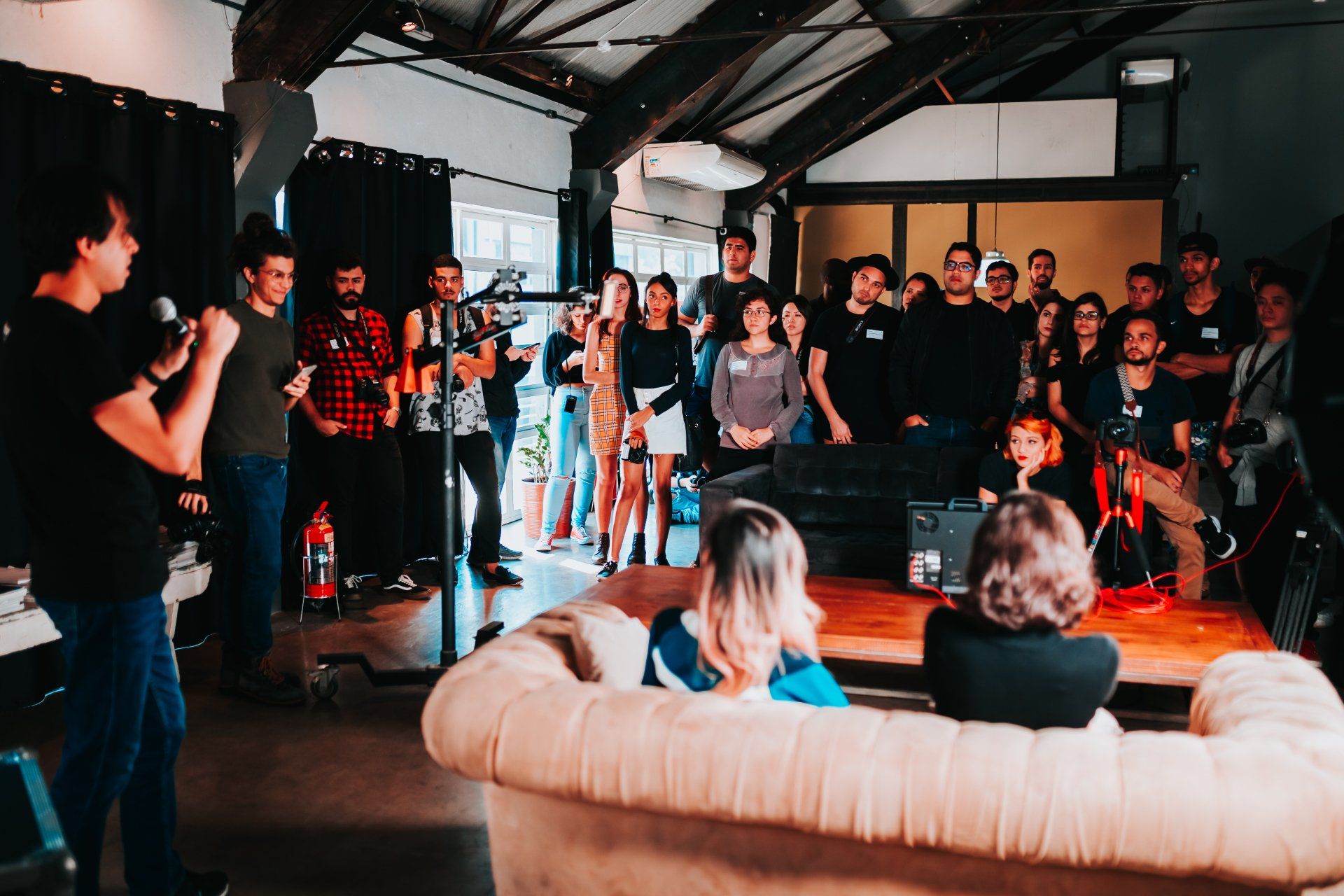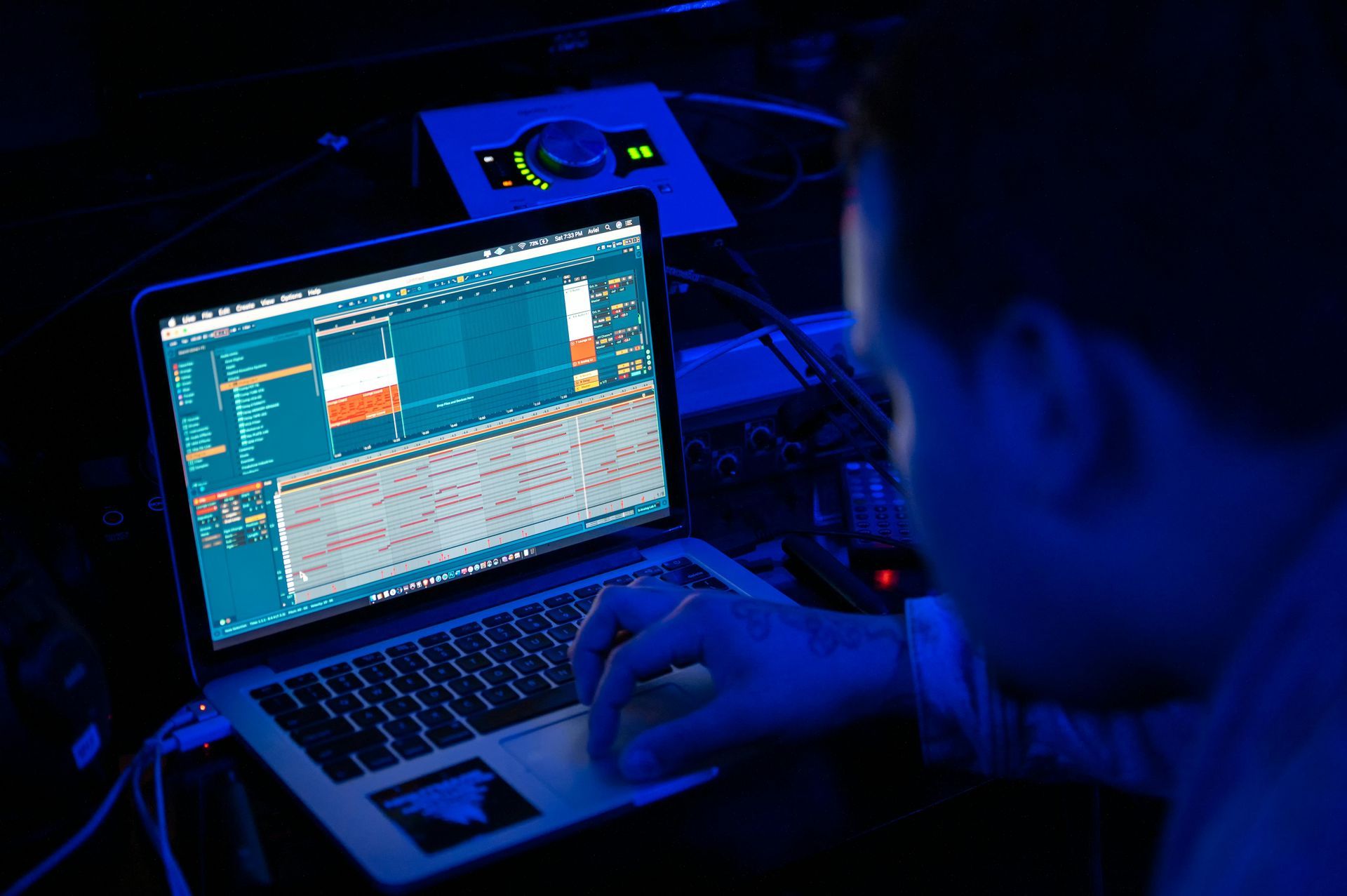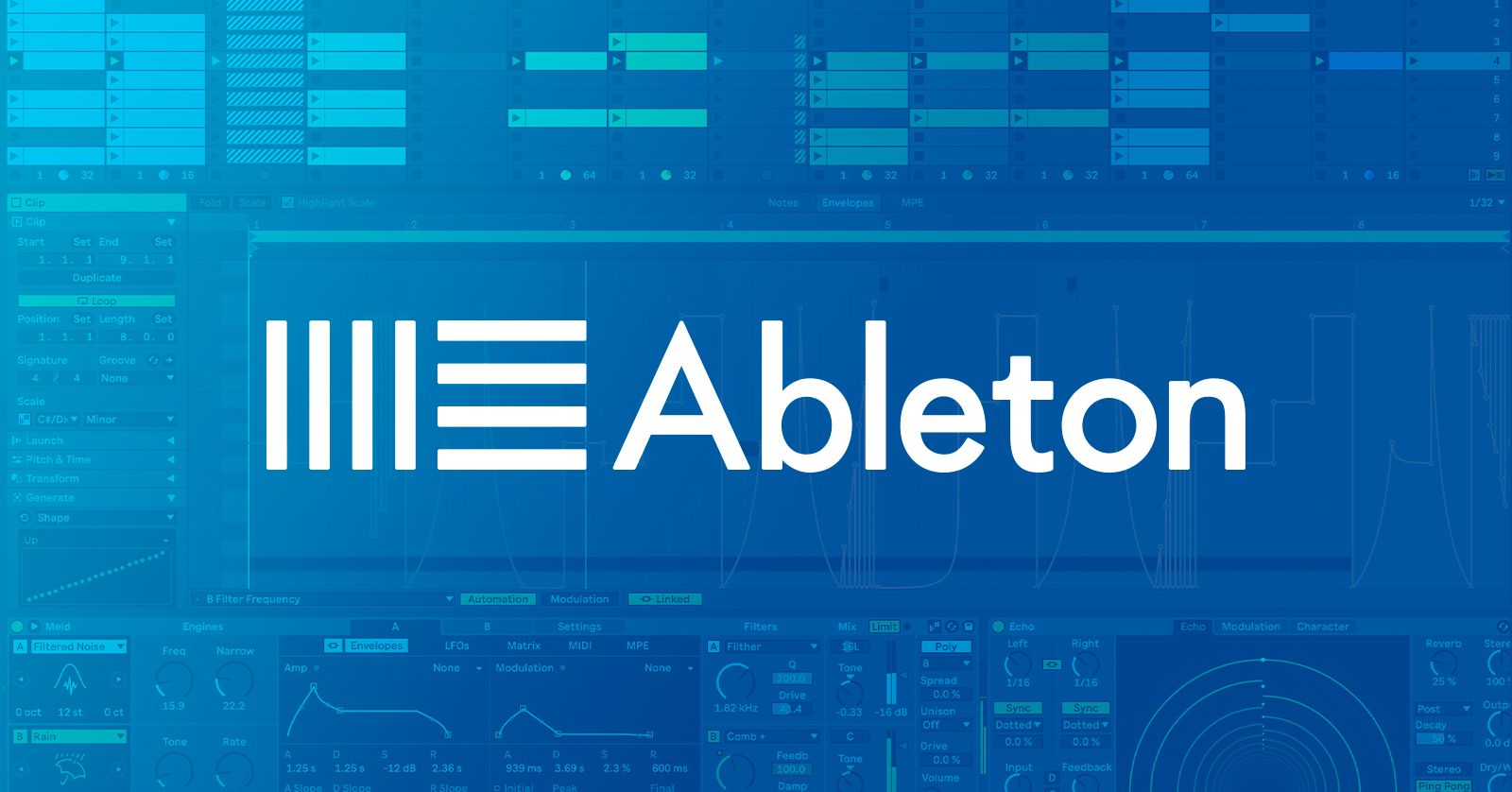Networking in the Music Industry: Tips for Building Connections
In the ever-evolving landscape of the music industry, networking stands as a cornerstone of success. Building meaningful connections can open doors to opportunities, foster collaborations, and help artists navigate their careers more effectively. At ICON Collective, we understand the pivotal role networking plays in the music industry and provide our students with unparalleled opportunities to connect with industry experts and fellow artists. In this article, we'll explore why networking is crucial and share practical tips on how to network effectively in the music industry.

Why Networking Matters in the Music Industry
Opportunities for Collaboration: Networking allows artists to meet potential collaborators, from fellow musicians to producers and songwriters. These relationships can lead to creative partnerships that elevate your music and expand your audience.
Access to Industry Knowledge: Connecting with industry professionals can provide valuable insights into the business side of music. Learning from the experiences of others can help you avoid common pitfalls and navigate the complexities of the industry.
Building a Support System: The music industry can be challenging, and having a network of supportive peers can make a significant difference. Whether it's sharing advice, providing feedback, or offering emotional support, your network can be a vital resource.
Increasing Visibility: Networking helps you get your name out there. The more people you know, the more likely you are to be recommended for gigs, collaborations, and other opportunities.
Tips for Effective Networking in the Music Industry
Attend Industry Events: Music conferences, workshops, and festivals are prime opportunities to meet industry professionals and fellow artists. Be open to conversations and ready to introduce yourself and your work. For instance, events like SXSW, NAMM and ICON Rising are excellent places to start.
Utilize Social Media: Platforms like LinkedIn, Instagram, and Twitter are powerful tools for networking. Engage with industry leaders by commenting on their posts, sharing their content, and sending thoughtful direct messages. Apps like Hootsuite can help you manage your social media presence effectively.
Join Music Organizations and Communities: Becoming a member of music organizations or online communities can provide access to exclusive networking events and resources. These groups often host meetups, webinars, and forums where you can connect with like-minded individuals. Organizations such as The Recording Academy and ASCAP offer great networking opportunities.
Follow Up: After meeting someone, whether in person or online, follow up with a personalized message. Express your appreciation for the conversation and suggest staying in touch.
Be Genuine and Authentic: Authenticity goes a long way in building lasting relationships. Be yourself and show genuine interest in others' work and experiences.
Collaborate on Projects: Working on collaborative projects is one of the best ways to strengthen your network. Whether it's co-writing a song or producing a track together, these experiences build trust and rapport.
Stay Informed and Engaged: Keep up with industry trends and news. Being knowledgeable about the latest developments in the music industry can be a great conversation starter and show that you're serious about your career. Websites like Billboard and Pitchfork are excellent sources of industry news.
Offer Value: Think about how you can help others in your network. Whether it's sharing useful information, providing support, or making introductions, offering value builds goodwill and strengthens your relationships.
Networking at ICON Collective
At ICON Collective, we believe that networking is not just about meeting people, but about building a community. Our programs are designed to foster connections among students, alumni, and industry professionals. Here's how ICON Collective provides an exceptional networking environment:
Industry-Connected Faculty: Our instructors are seasoned professionals with extensive industry experience. They offer not only education but also connections to the industry.
Guest Speakers and Workshops: ICON Collective regularly hosts guest speakers and workshops with top industry professionals. These events provide students with direct access to influential figures in the music world.
Collaborative Projects: Our curriculum emphasizes collaboration. Students work together on projects, building relationships and learning how to work effectively with others.
Alumni Network: Our alumni network is a vibrant community of successful artists and industry professionals. Staying connected with our alumni can lead to mentorship opportunities and career advancements.
Exclusive Events: ICON Collective organizes exclusive events such as showcases, listening sessions, and networking mixers, where students can meet industry insiders and fellow creatives.
Networking is a vital component of success in the music industry, and at ICON Collective, we are committed to providing the tools and opportunities needed to build a robust and supportive network. By leveraging the tips shared in this article and taking advantage of the unique networking opportunities at ICON Collective, you'll be well on your way to forging meaningful connections that can propel your music career forward.



